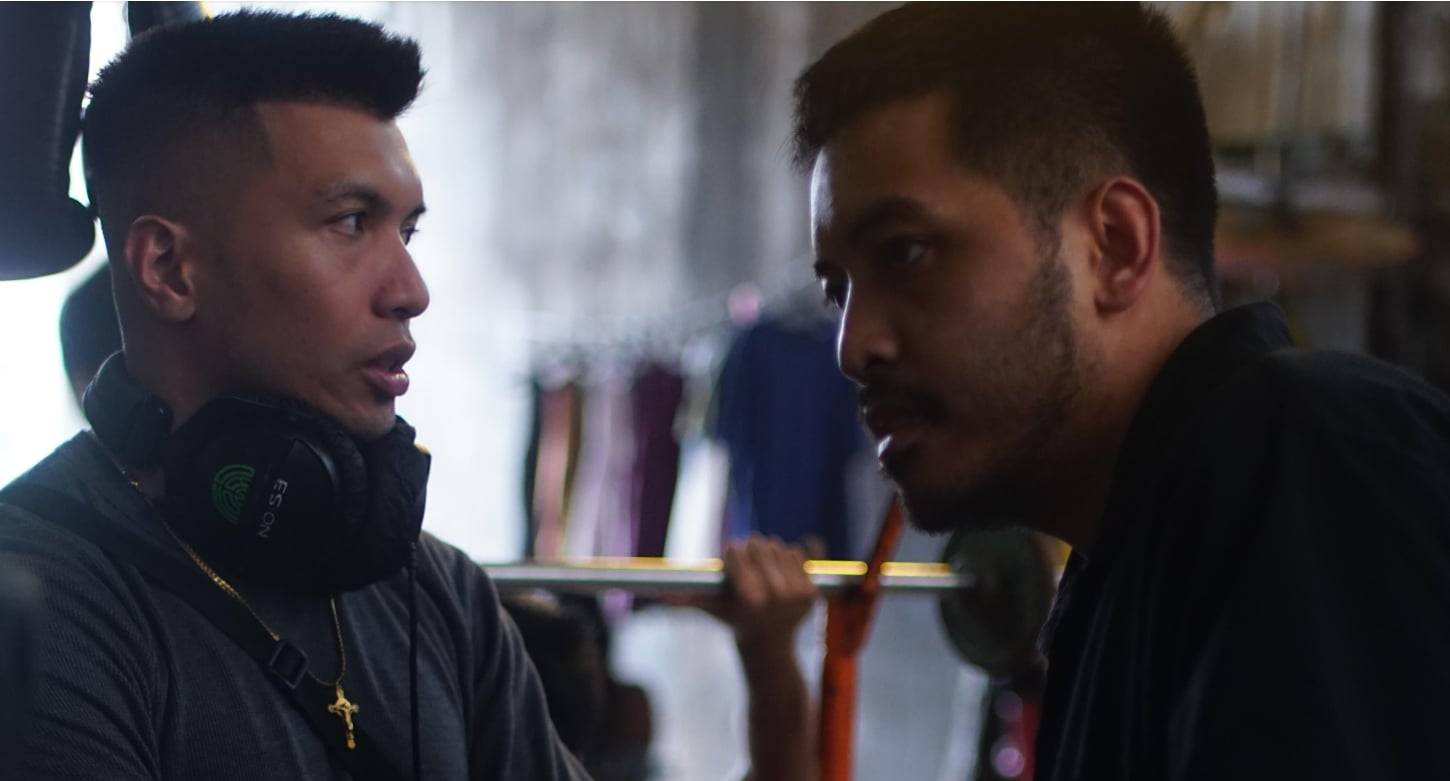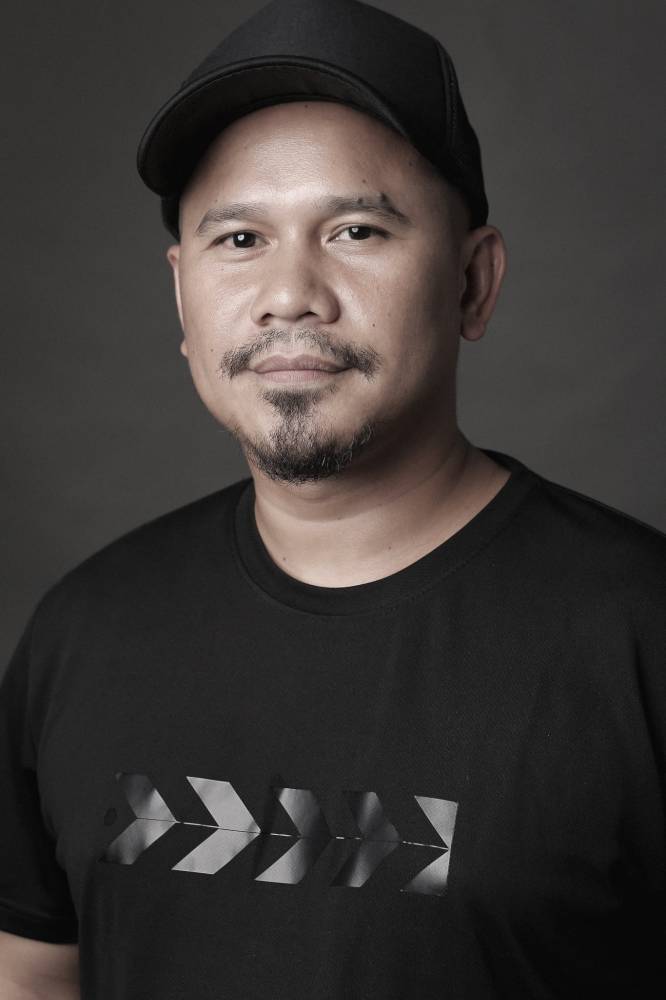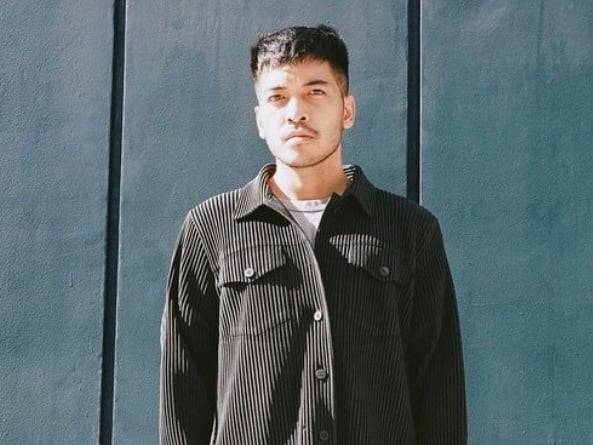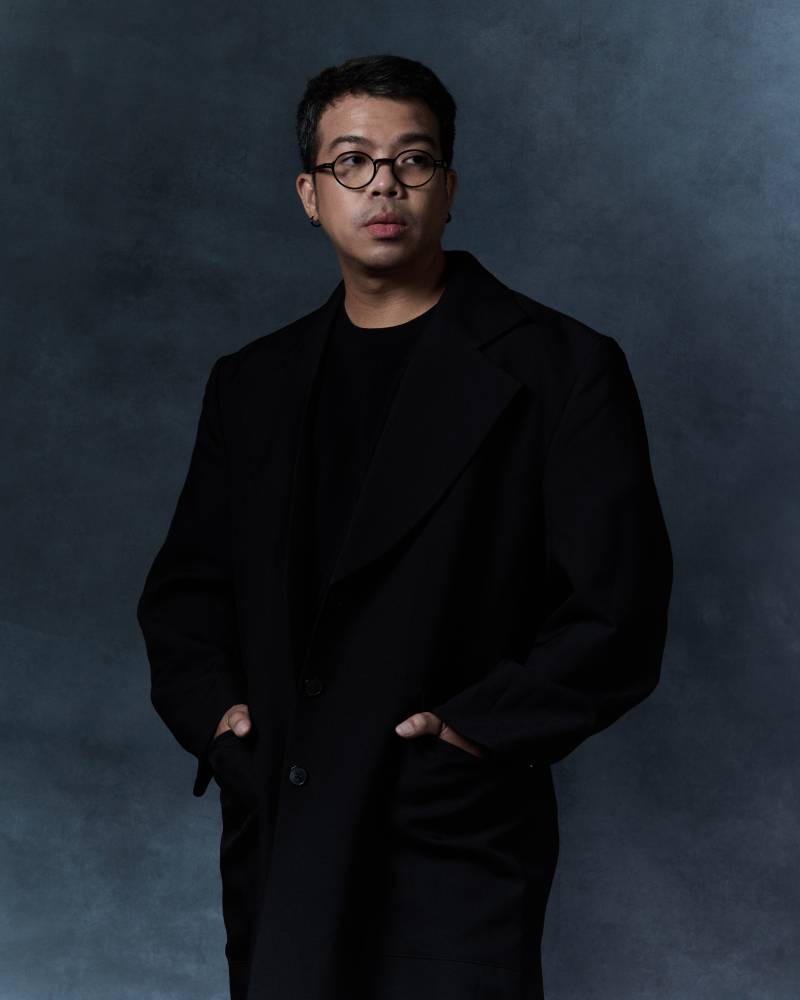More films, more stories, more wins

The second edition of the Puregold CinePanalo Film Festival has wrapped up, and it looks like its organizers are already planning for a bigger run in 2026.
Filmmaker and festival director Chris Cahilig revealed that they are considering broadening the festival’s scope by welcoming “all types of materials” and shifting the theme to “panalo sa husay” (excellence in filmmaking). “We have not formally planned the third edition yet, but we already have more ideas to further improve the film selection,” Cahilig told Lifestyle after the awards ceremony at Eton Centris in Quezon City.
Another significant change that the CinePanalo team is looking into is adjusting the festival timelines to accommodate films vying for A-list international film festivals that require world premiere status. “We might also change the timelines to ensure that the films will be able to participate in international film festivals,” Cahilig added.

While the festival season typically kicks off in January with the Sundance Film Festival in the United States, the most crucial months for major festivals are from May to October, with highlights including Cannes (May), Locarno (June), Venice and Toronto (August-September), and Busan and London (October).
Online buzz
While there’s still work to be done to attract an even bigger crowd, Cahilig shared that attendance had more than doubled compared to last year’s inaugural run. “We had numerous block screenings and well-attended galas … A well-curated mix of art and commercial films headlined by popular actors brought serious cinephiles and movie fans back to the cinemas—that’s why we’ll continue to do it in our next leg.”
The festival also created buzz online when organizers opted to pull out from its lineup Baby Ruth Villarama’s documentary “Food Delivery: Fresh from the West Philippine Sea,” about the lives of Filipinos fishing on its waters. They’ve said “external factors” played a role in the decision.

This year’s top prize, Pinakapanalong Pelikula (best film), went to TM Malones’ “Salum.” The film also earned awards for best production design, best musical scoring, and best sound design.
For Malones, winning the festival’s highest honor was a deeply meaningful moment. “It’s very important to me because it recognizes the hardships and efforts of the entire production team, from our actors and collaborators to everyone involved from preproduction to postproduction,” he said, adding that he hopes the achievement enables the film to reach more audience.
“The most challenging part of shooting the film was maximizing our resources, especially with a demanding script and difficult locations. We ensured the safety of everyone—not just our cast and crew but also the surrounding community,” he recalled. “Working with the right collaborators is one of my top priorities for a smoother and more efficient film production.”
Reflection of hard work
Meanwhile, “Journeyman” by Christian Paolo Lat and Dominic Lat earned recognition for best cinematography, the International Jury Prize, and additional awards for best brand intrusion, best film poster, and “responsible filmmaking.”

Lat believes the awards reflect the hard work poured into the film. “Being recognized by an international jury means a lot to us because we’ve always aspired to create something that resonates not just locally, but globally. I believe this recognition is a good indicator of where the film stands,” he said.
He shared that winning the awards also held deep personal significance. “The awards mean a lot to me, especially because I won it with my family. My brother was the cinematographer, and my mom was one of the coproducers.”
When asked about the most difficult part of shooting “Journeyman,” Lat replied, “Action films are always tough because they require so much preparation and rehearsal. That’s why I’m really grateful to (lead actor) JC Santos, who really committed to the role and trained for eight weeks. Considering we had a limited budget and shot the entire film in under a week, his dedication made a huge difference.”
Asked what would make his work as a director easier and smoother, Lat said, “Having more resources and longer shooting days would definitely help. But beyond that, I believe in the power of a longer development process. If the cast and crew have more time to prepare, then the actual shoot becomes much smoother, with fewer mistakes and less stress on everyone involved.”

For JP Habac, winning best director for “Olsen’s Day” was a meaningful achievement. “For someone who doesn’t often win or get recognized for my craft, this recognition means a lot … It gives me even more reason to love making films. But more than the awards, what truly makes me happy is knowing that people watch the films that are most personal to me as a director.”
He also shared the challenges of bringing “Olsen’s Day” to life. “Sometimes, when we create something deeply personal, we tend to be overly protective of the material. We don’t want it to change or be compromised. So, I think one of the most challenging parts of making the film was finishing it within the limitations of our production.”
Habac emphasized the importance of teamwork. “It’s a known fact that making a great film isn’t a one-man show—it’s a collaboration. You need a team that understands the director’s vision and helps bring it to life. It’s always more fulfilling to complete a film when you have colleagues who support you and ensure a smooth production.”
Puregold CinePanalo is shaping up to be a key player in the local film scene with promising changes on the road ahead—an expanded selection, refined timelines, and continuing support for both indie and mainstream talents.

















